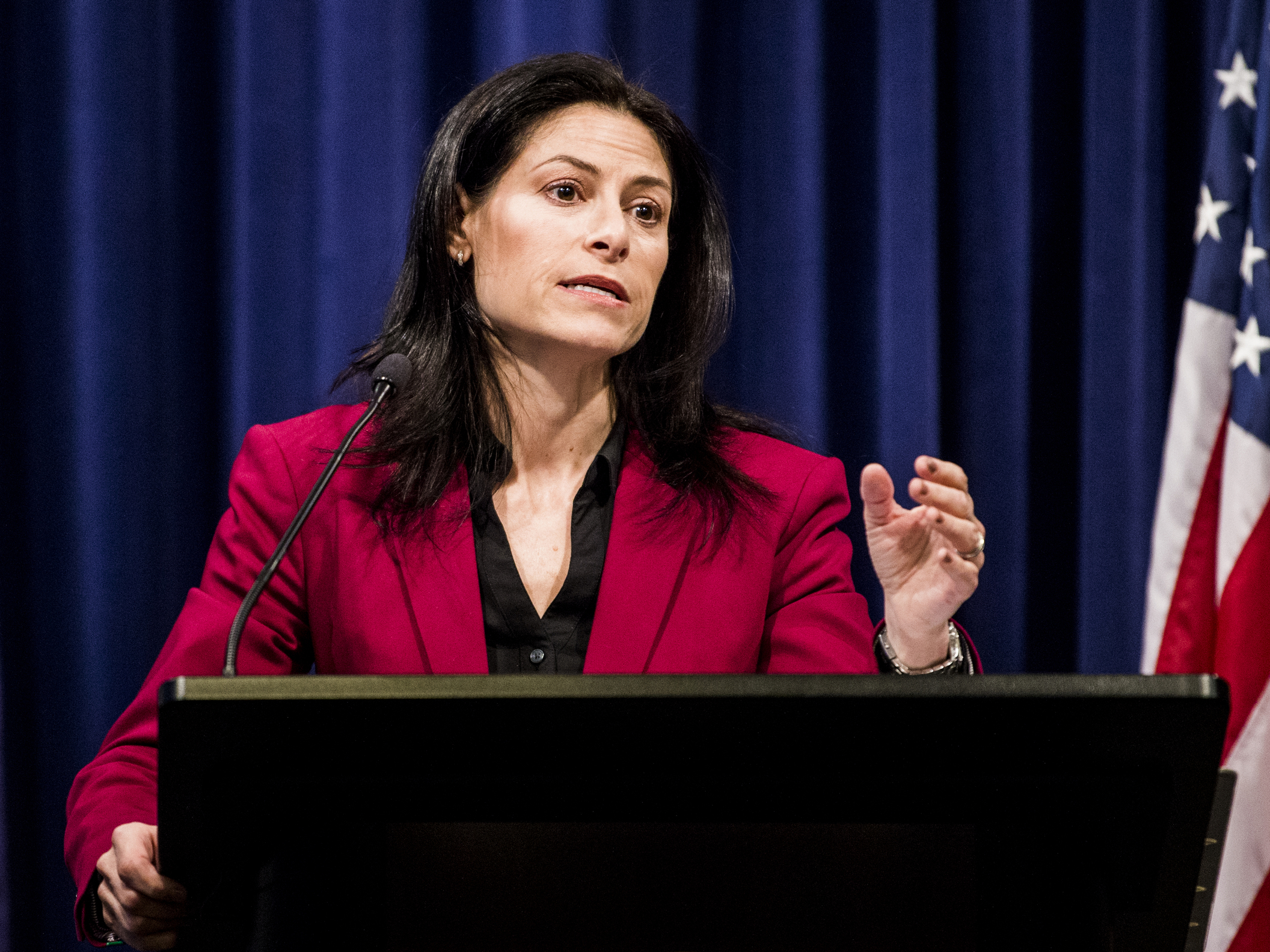Relentless robocalls
Michigan’s attorney general is making consumer protection a priority, something Ohio’s Dave Yost should take note of.
The Editorial Board
Sun, 01 Dec 2019 05:00:00 GMT
Robocalls have blistered Americans daily — 5.7 billion in October alone — and Michigan’s attorney general is looking to crack down on the scourge. It’s a practice other states should follow.
Dana Nessel has announced 12 initiatives to educate the public, toughen enforcement, and update state law.
Like many other attorneys general, Ms. Nessel is partnering with the Federal Communications Commission and Federal Trade Commission get a handle on and to curb robocalls, particularly the fraudulent ones.
But Ms. Nessel also has set up a website — mi.gov/robocalls — for Michigan residents to listen to a fraudulent call and to report robocall complaints.
The website also will give residents alerts on the newest scam calls. Ms. Nessel is also working with phone-service carriers to establish “do not originate” lists that would prevent robocallers from spoofing their calls using Michigan government numbers.
Ms. Nessel plans to push in January new legislation that would update Michigan laws on the definitions of robocalls and on closing immunity loopholes as well as giving the attorney general investigative and enforcement powers. She also proposes increasing penalties for illegal robocalls and plans to enforce laws against Michigan-based illegal robocallers.
Robocalls are ones that use computerized auto-dialing to deliver a recorded message. The Michigan attorney general plans to hold talks throughout the state to better educate the public about robocalls, which ones are legal, such as from charities and political candidates, and which ones are not, such as calls offering goods or services worth more than $25 or with fake caller ID numbers.
Ms. Nessel said of the initiative, “The message we want to send loud and clear is, ‘If you engaged in this kind of illegal activity, we are going to come after you.’ ”
It’s a hefty agenda, and one she hopes to do without asking for added funding and which her staff hopes will receive bipartisan support in the state legislature.
Ms. Nessel is a Democrat and both legislative chambers in Lansing are controlled by Republicans, who have had a rocky relationship with the new Democratic governor, Gretchen Whitmer.
In the first day and a half of launching the robocall website, Ms. Nessel’s office had 76 complaints filed by residents.
Robocalls are on the rise. In Michigan alone, there have been 1.3 billion robocalls this year, double the number of three years ago.
Fifty state attorneys general in August announced plans to work with phone carriers to do more to fight robocalls, including offering free call-blocking tools and implementing technology to allow people to spot fake numbers when they are called. Federal regulators also are working with phone companies, and Congress has pending legislation that would enable law enforcement to be tougher on violators.
The Michigan attorney general’s office contends that states should do more, especially because robocalls are the No. 1 complaint it receives. Ms. Nessel has decided to put consumer protection at the forefront of her office’s duties.
Other state attorneys general, including Ohio’s Dave Yost, should take note, and move more proactively on handling an issue that affects nearly every resident.

Michigan Attorney General Dana Nessel.